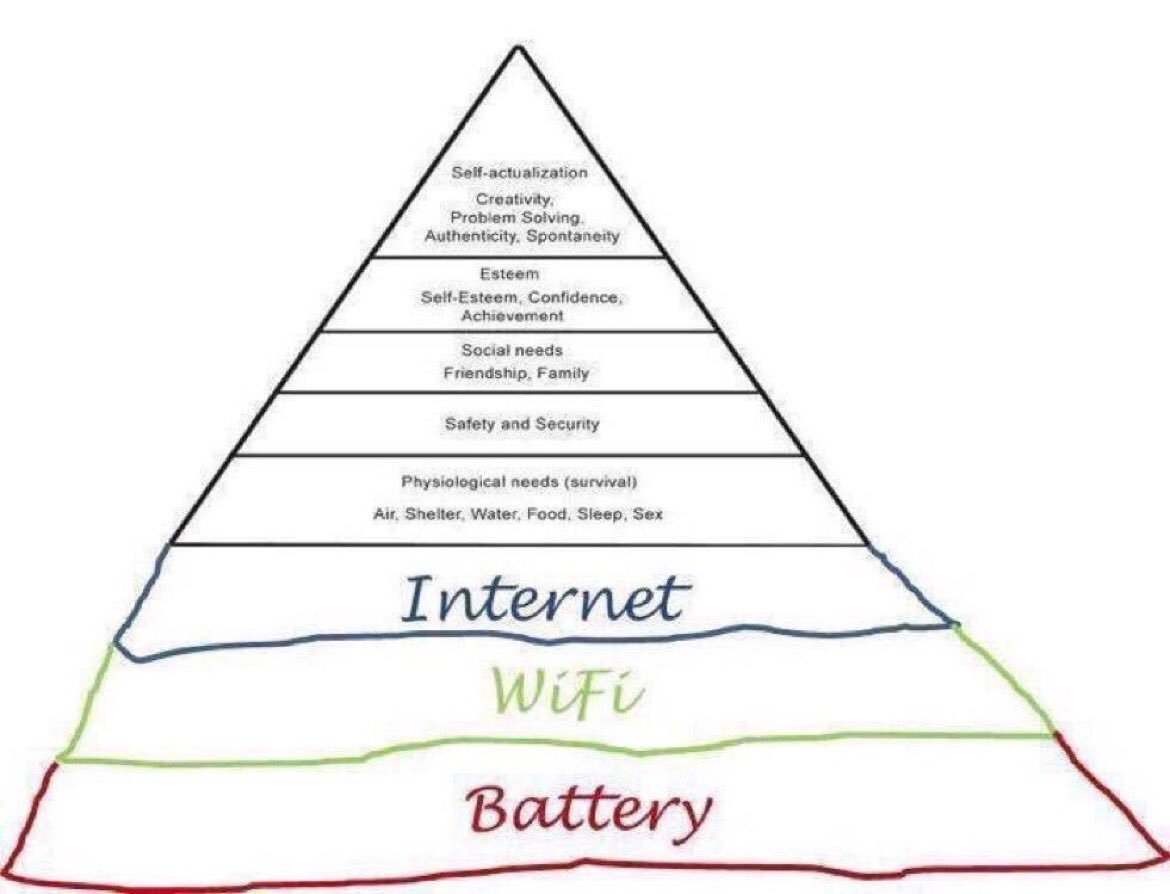
This is the most complex and philosophically rich chapter of the book, as it shows the radical genetic character of Peirce’s Philosophy.

The present communication points out that Freudian psychoanalysis does not contemplate human existing in its non-reifying modes of dealing with reality and further shows that that possibility was found in Winnicott's theory of maturation. Hence, Heidegger defends the possibility of a "science of man" that cannot be reduced to a reifying discourse. indebted to modern metaphysics, since its conception of man as a psychic apparatus controlled by impulses establishes the representation as the only form of access to reality, reifies human life reducing it to a field of physical-mathematical powers.

In launching that challenge, the Heideggerian philosophy defies the consolidated Freudian psychoanalysis denouncing it as being. In his Zollikon Seminars, Heidegger points towards the need to create a science of the psyche that conceives man - his health and his illness - without reducing him to a representing mind, to a symptom-generating machine, to an object that can be causally explained. Reason does not mean the negation of mysticism, for we need, in an age of heartless science, a new sense of emotional unity, else science will be an instrument of selfish destruction. Creativeness makes significant addition to the meaning and value of the world. For it deals with social material, is social in its incentive, social in its test, and is inspired by social ideals. It is creative participation and therefore social. Three types of participation are distinguishable: first, the automatic, where the individual is unquestioning and unthinking second, the dogmatic, a transition type and third, the critical, where the test of truth is objective experience and not the strength of group conviction. The identification has three stages varying with the unity of conviction, the amount of opposition, and the number of participants. may be stated: In order to understand human beings we must take them in their social matrix.

Levy-Bruhl has a law of participation which assumes a difference between primitive man, whose mind is pre-logical, and modern man, a distinction which closer analysis fails to justify. The reality of the group has been too long neglected. Human nature is known through behavior, but the reaction must be studied in social relations not merely physiological reactions. The latter’s confession at the Moscow Trials can be best understood as a testimony to the epistemically and linguistically corruptive process detailed in Koestler’s novel. On the other hand, Koestler’s critics are at fault for exaggerating the contrast between Rubashov and the historical Bukharin. There is also no evidence that this connection was ever severed in the mind of Koestler’s historical protagonist Bukharin, who thus differs from his counterpart Rubashov in Koestler’s novel. The present article argues that, once the connection between belief-formation and the object of belief is severed, one can no longer have a coherent body of belief.

Like George Orwell, Koestler postulates a coherent totalitarian perspective, in which the objects of belief are no longer relevant to belief-formation. Arthur Koestler’s Darkness at Noon, where criteria for belief-formation are ultimately completely divorced from the objects of belief. This corruption of discourse is detailed, e.g., in. From a pragmatist perspective, these words can then no longer mean exactly what they mean to speakers accustomed to freedom of discussion and inquiry. The replacement, under totalitarian regimes, of multiple sources of information with a single information monopoly confers an indeterminacy on the concepts of truth, fact, objectivity, and reality.


 0 kommentar(er)
0 kommentar(er)
